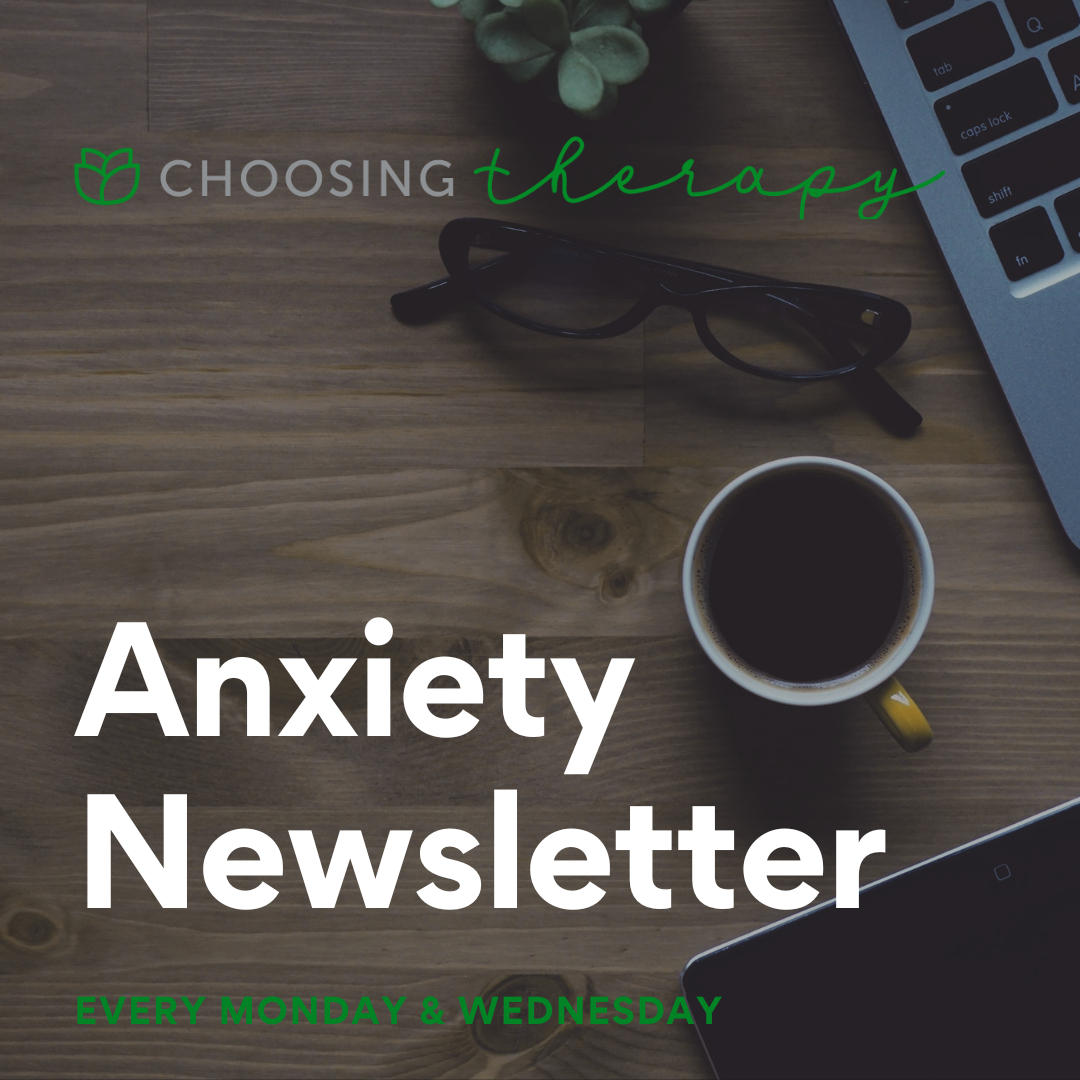
Join the Choosing Therapy community
More than 20 million people have made Choosing Therapy.com a trusted part of their mental health journey.
Take the anxiety quiz and join our twice-weekly newsletter to stay informed.
All our articles are written by licensed therapists and medically reviewed.
It’s information you can rely on. It’s free.
What could be better?
Do I have anxiety?
Anxiety is marked by extreme fear, uncertainty, feelings of anxiousness, and behavior disturbances, and people who experience anxiety are often worried about the future and how it may impact them. Understanding symptoms related to anxiety is necessary to help identify the condition, guide treatment, and establish support for individuals suffering from anxiety. Read more about the signs of anxiety.
What are common therapy options?
The most common anxiety therapy is cognitive-behavioral therapy (CBT), but others are exposure therapy, acceptance and commitment therapy (ACT), dialectical behavioral therapy (DBT), eye movement desensitization and reprocessing therapy (EMDR), and interpersonal therapy (IPT). Read more about therapy options for anxiety.
What about medication?
Medication is a frontline treatment for many symptoms of anxiety and anxiety disorders. Medications for anxiety are generally safe and effective in battling anxious symptoms. Read more about medication for anxiety.
How do I choose the right therapist for me?
Look for a therapist who will help you recognize and change things like negative thought patterns and problematic behaviors while simultaneously accepting you for who you are. A good therapist helps you improve without judging you for your struggles. Read more about choosing the right therapist for you.
What happens at your first therapy session?
Therapy sessions typically last 45-60 minutes. After some initial paperwork and introductions, first sessions typically center around getting to know what brought you in and what you’re hoping to address. It’s okay if you don’t totally know how to answer those questions, but it can help to write some thoughts down ahead of time. Read more about what to expect from you first therapy session.
